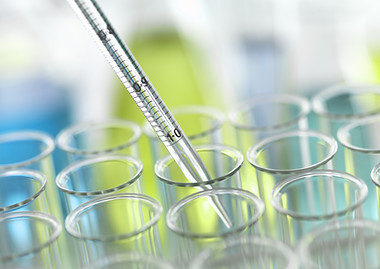top of page

The Physician's Rx provides key information to guide and manage the treatment of your patients
Our mission is to deliver physicians and health care providers critical information crucial to the well-being of patients on a timely basis.

Services Physician's Rx Covers:
The Physician’s Rx generates fast precise results for physicians who
depend on using the latest technology in the market
Toxicology

Clinical Toxicology deals with the identification of chemical, drugs, or toxins that effect patients
Helps guide clinicians in predicting future toxic effects, confirming a different diagnosis, or guiding a therapy
48 hour turn around times
Several in-network payer options
Blood

Blood-wellness screens are typically performed for indications of illness
Tests for cardiovascular risk, major organ function, anemia, glucose (blood sugar), infection, and blood diseases
This type of testing is routinely ordered as part of an annual physical exam
A buccal swab or blood sample is collected and sent to our lab for testing.
Once we receive the sample, we will test your DNA Results are
then sent to your physician within 3 to 4 weeks
PCR

Our labs specialize in high-complexity molecular testing with an extensive portfolio of services
Services include infectious disease, targeted sequencing, high-resolution immune profiling, and antibiotic resistance identification
Testing includes urinary track infection (UTI), upper respiratory infection, wound, nail, and antibiotic resistance gene panel
For qualified accounts, our lab partners may provide a processor/phlebotomist
PGX

Pharmacogenetics (PGX) is a single genetic test designed to inform treatment decisions
Assesses a patient's risk of an adverse response or likelihood to respond to a given drug
Benefits can be seen in:
Patients demonstrating sensitivity or lack of symptom relief
Patients with chronic conditions and multiple prescriptions
Patients with a history of poor compliance
Patients with pharmacotherapy failure
CGX

CGX tests for 134-gene markers, which allows the provider and patient to understand if they are predisposed to acquiring cancer
Cancers that run in families can be caused by an abnormal gene that is passed from generation to generation
Approximately 5 to 10% of all cancers are thought to result directly from gene defects or mutations inherited from a parent
bottom of page